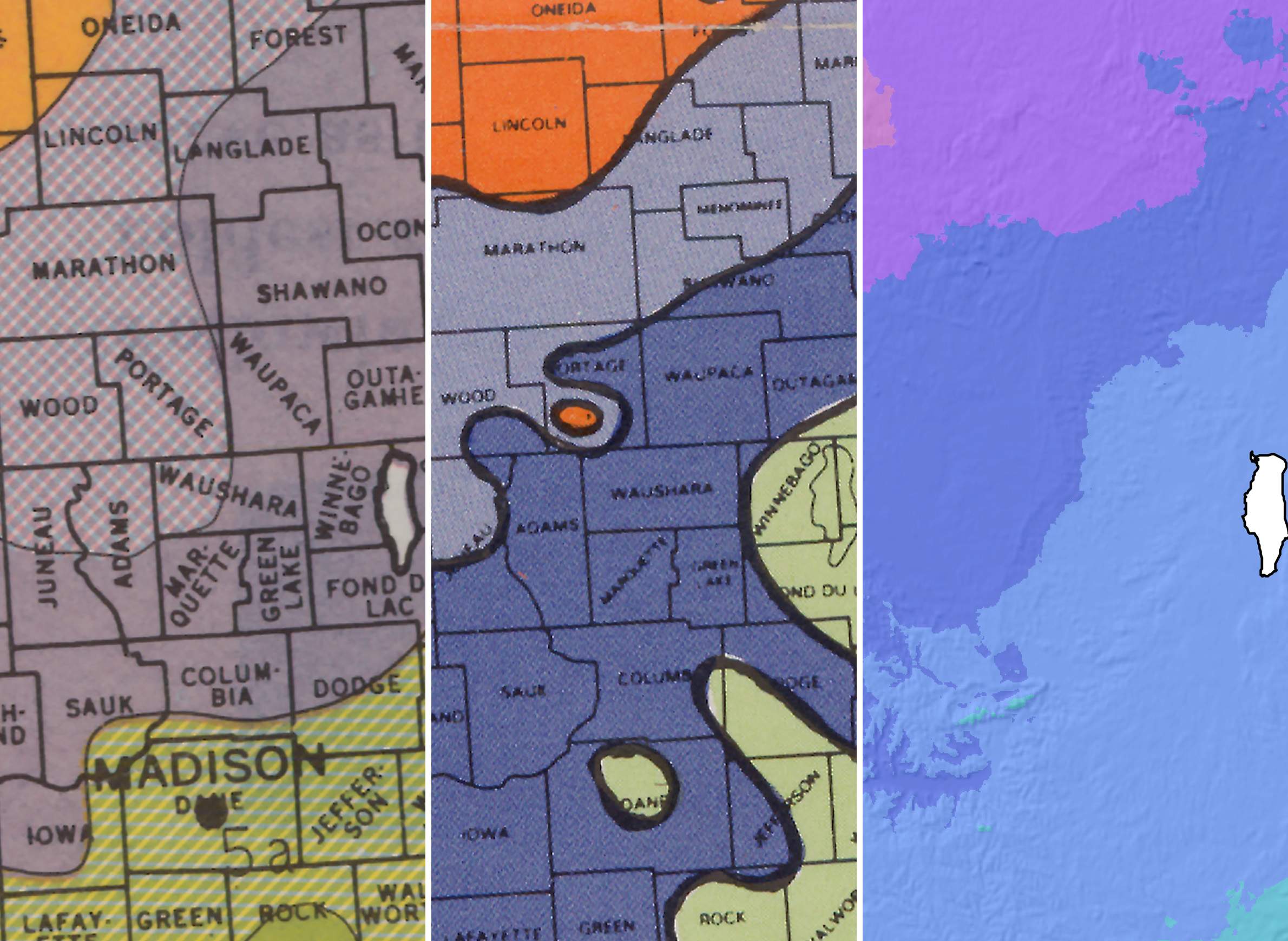
Images via U.S. Department of Agriculture
Series: Climate Science And Wisconsin
Climate science is complex. Because changes to the global climate span continents and develop over decades, their effects on individual places and weather events are difficult to pinpoint. But with an ever growing body of historical climate data and sophisticated computer modeling, scientists can forecast how climate change is unfolding — and likely continue to play out — in places like Wisconsin with increasing confidence. In coming decades communities around the state are projected to continue experiencing warmer and more extreme weather. These effects are increasingly being recognized, with winter and nighttime temperatures rising, and heavier rainstorms occurring with increasing regularity. From the environment to human health to the economy, gauging the impacts of a changing climate is an urgent scientific endeavor with implications for every Wisconsinite.